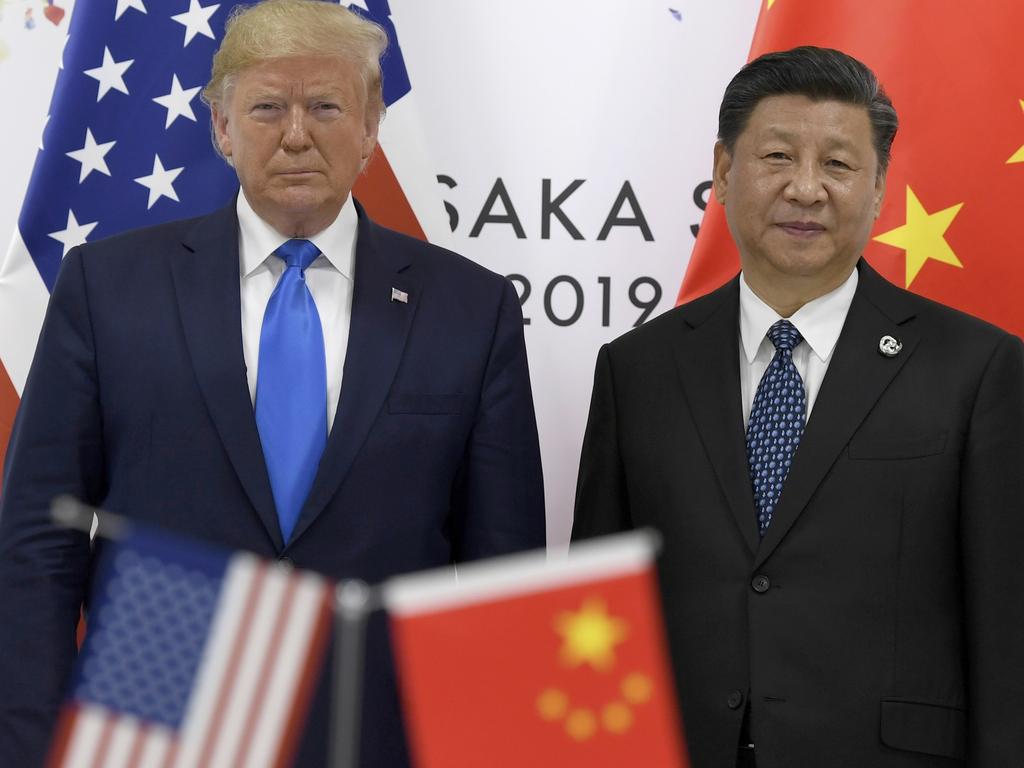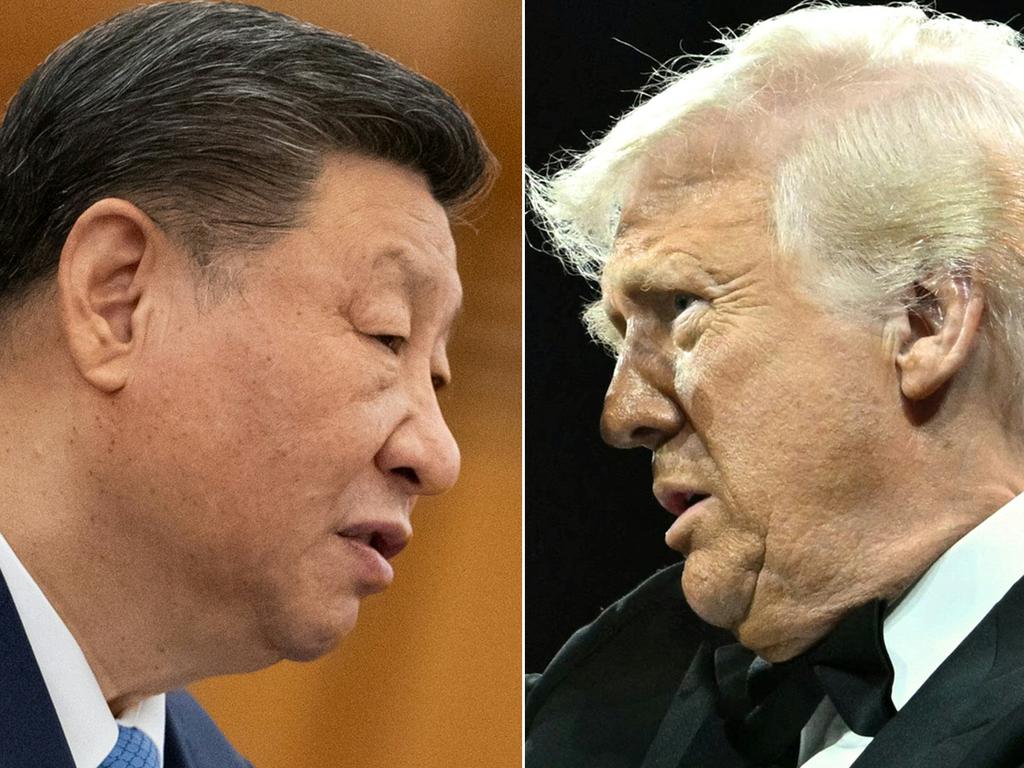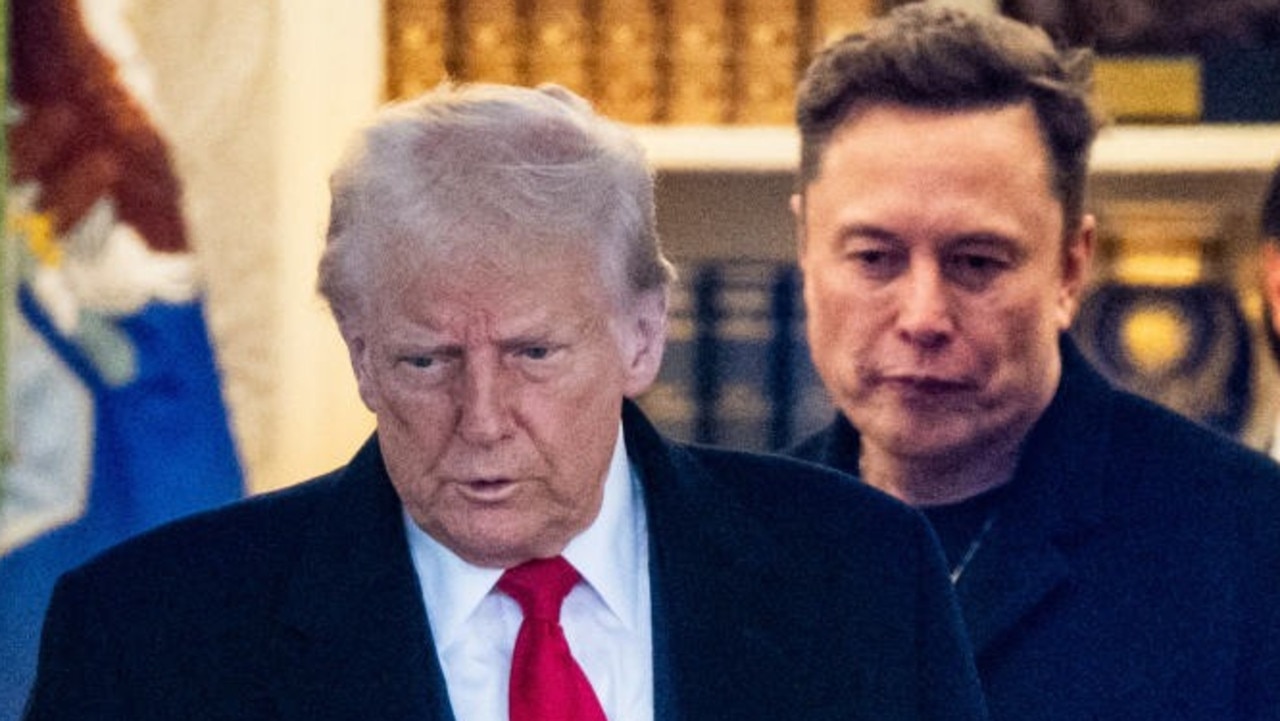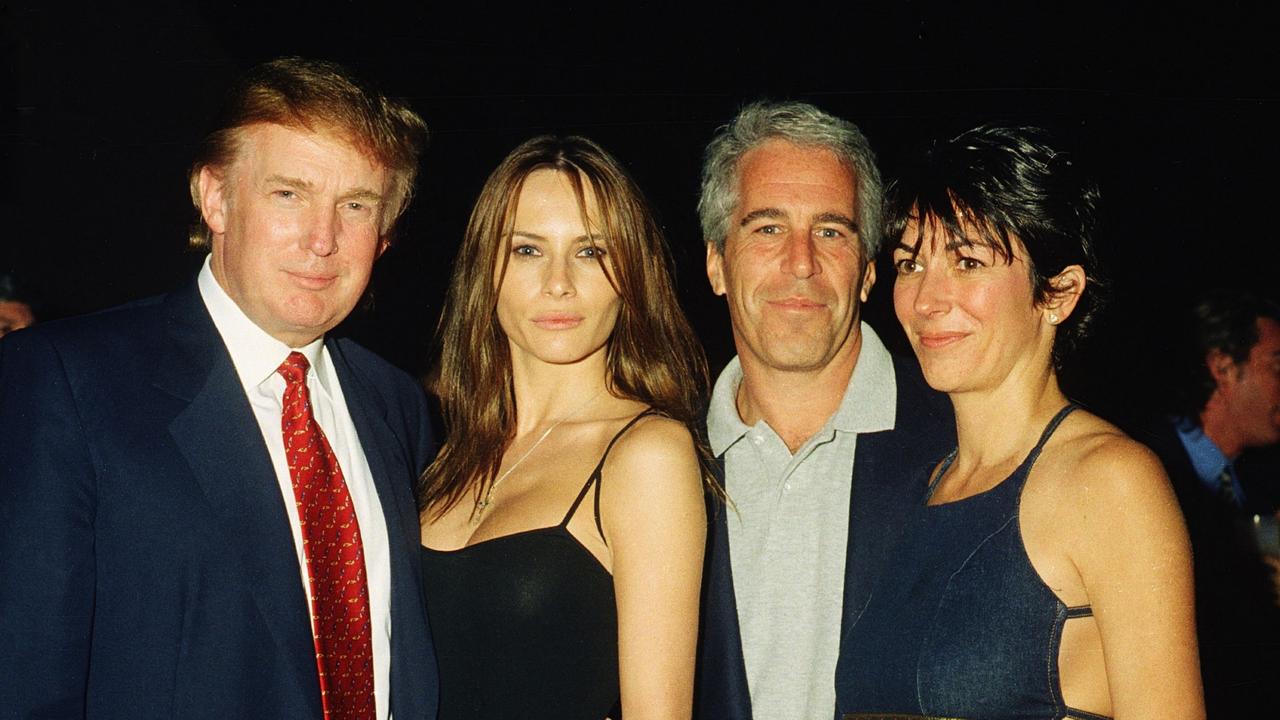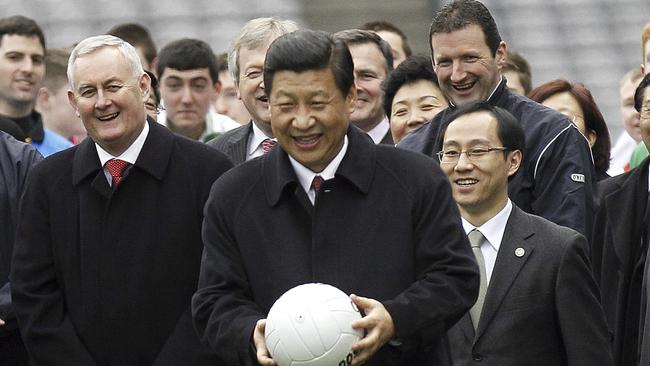
It was a mixed Thursday night for Xi Jinping.
The evening began poorly, as another World Cup qualifying attempt by the Chinese men’s football team came to a dismal end with a 1-0 loss to Indonesia. “Defeat will be the end of the world!” the China Daily declared before the must-win game.
It was a bitter, if predictable result for long-suffering Chinese football fans such as Xi, who according to official profiles stays up late to watch the national team’s games.
The night improved as a call came in from Donald Trump. By the end of the 90-minute talk, the US President had signalled that punishing tech sanctions were up for negotiation and seemed to walk back draconian restrictions on Chinese students studying in America.
Not a bad outcome for Xi, who also used the opportunity to present himself as a wise global statesman (with a weakness for sailing metaphors).
“Recalibrating the direction of the giant ship of China-US relations requires us to take the helm and set the right course,” the Chinese President told his volatile counterpart. “It is particularly important to steer clear of the various disturbances and disruptions,” he added.
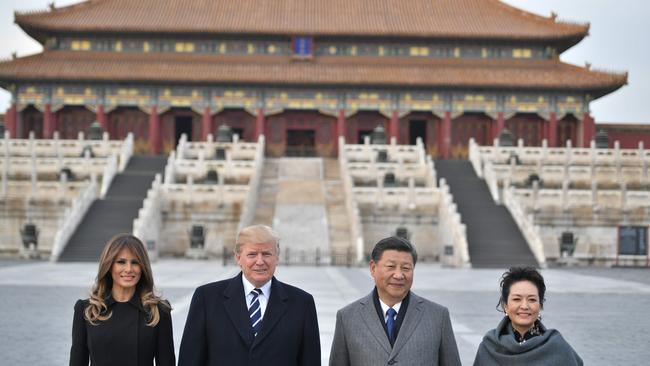
As with a meeting of senior Chinese and American officials a month ago in Switzerland, this call – the first direct conversation between the two since Trump was inaugurated in January – was precipitated by economic pain in the world’s two biggest economies.
China’s manufacturing sector last month had its worst slump since 2022 as American tariffs stung smaller exporters, according to a survey published this week by respected Chinese finance publication Caixin.
The US is hurting too. China’s restrictions on exports of rare earths that it dominates have caused chaos for many advanced manufacturers in America.
Days before the call, The Wall Street Journal reported that four major car companies operating in the US were considering shifting some of their production to China to source the essential ingredients. Their choice, as they explained, was to move to China or shut down their US-based factories.
Trump has been fuming about Beijing’s slow-walking of the rare earths restrictions, which he says China agreed to at a meeting in Switzerland in May.
After his chat with Xi, the US President said he expected the problem was now resolved. “There should no longer be any questions respecting the complexity of rare earth products,” he said.
If Xi doesn’t honour that, Trump will now hold him personally responsible.
In return, China’s leader wants an easing of American tech restrictions, which have roiled Chinese firms. Promisingly for Xi, Trump said that Commerce Secretary Howard Lutnick, who has oversight of export controls, would join Treasury Secretary Scott Bessent and Trade representative Jamieson Greer in upcoming negotiations with senior Chinese officials.
“US export controls are now on the table,” observed Rush Doshi, a China adviser on the Biden administration’s national security council.
In his first term, Doshi noted, Trump offered to lift export controls on Chinese firms Huawei and ZTE at Xi’s request, to get a trade deal. Doshi asked: “What did – or will – he offer to lift now?”
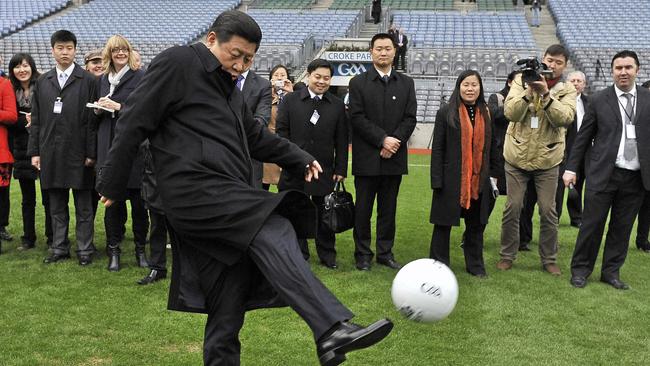
This year, Xi and Trump have demonstrated they each have tools to hurt the other’s economy, but neither can do so without provoking a painful response. Right now, they both seem to want to calm things after a period of mutually assured economic destruction.
Xi’s invitation for Trump and the First Lady to visit China looks like an attempt to create a shared, achievable goal that, Beijing hopes, will temper the US President from lashing out as dates and an agenda for the trip are negotiated.
But Beijing has not forgotten the experience of Trump’s “state visit-plus” to China in late 2017. Months after purring about the pomp provided by his hosts, Trump launched his first trade war on China.
Much is unpredictable in the world today, but some certainties remain. For as long as he is president, Trump will be a source of “disturbances and disruptions” in the US’s relationship with China. No phone call or visit is going to change that.


